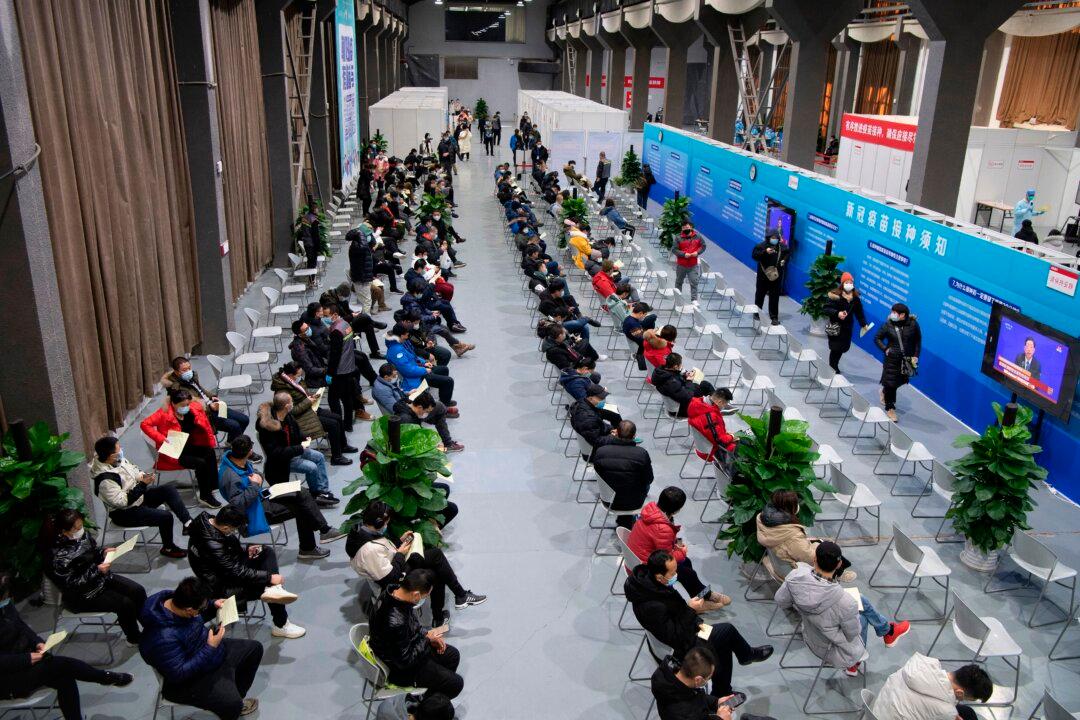On April 13, Shanghai Fosun Pharmaceutical Group (Fosun Pharma) announced that the first batch of Pfizer vaccines had arrived in China and clinical applications were to be strictly monitored by China’s National Medical Products Administration (NMPA). Many netizens planned to get the imported Pfizer vaccine, even at their own expense, foregoing the potentially free domestic vaccine.
The Pfizer vaccine was initially developed by the German company BioNTech. Pfizer partnered with BioNTech to support clinical trials, logistics, and manufacturing. Fosun Pharma, BioNTech’s Chinese partner, was reportedly granted the right to market the vaccine in China, Hong Kong, Macao, and Taiwan.





